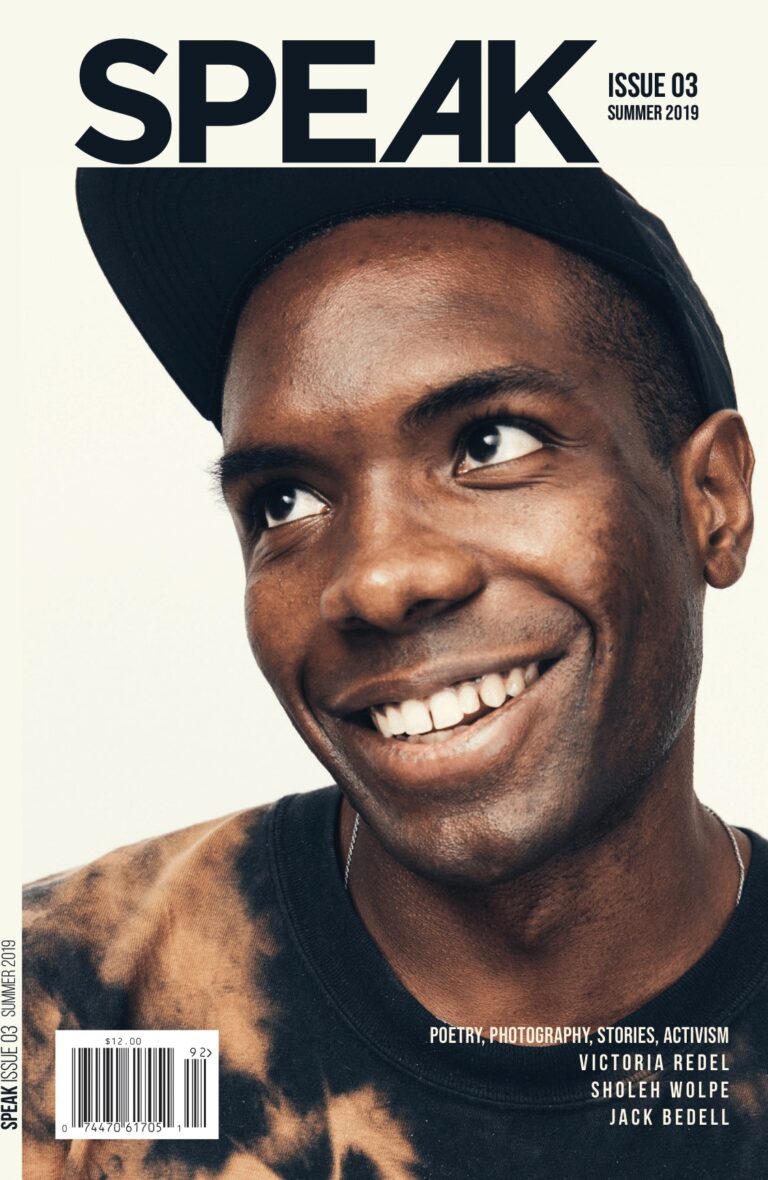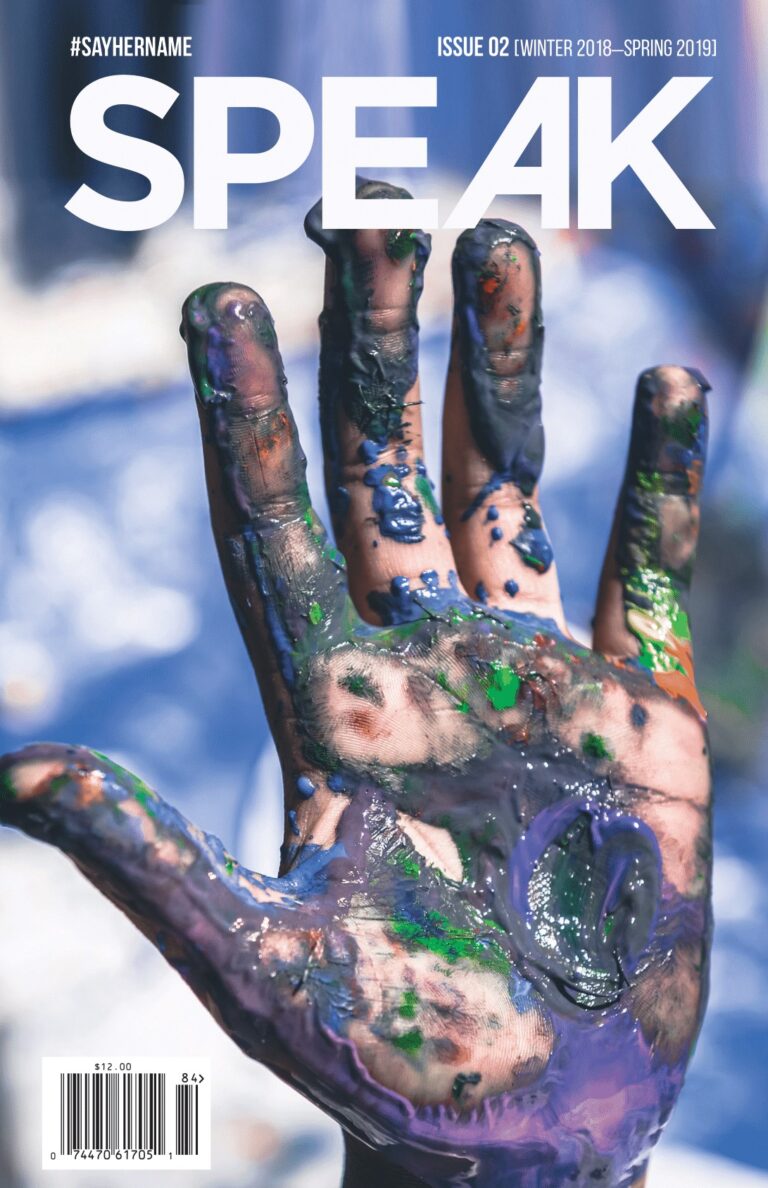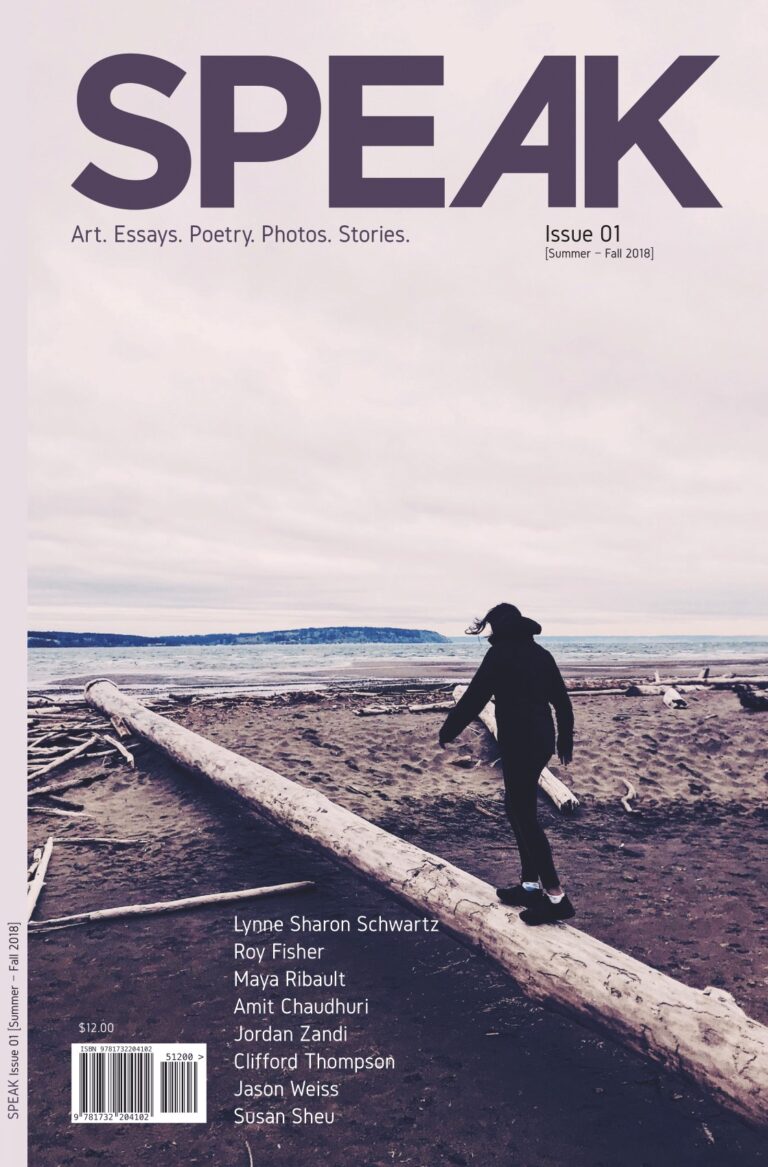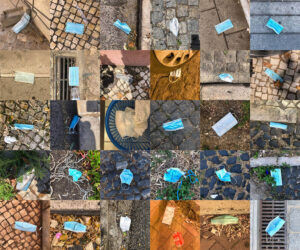

Background to my translation selection of “Les conquérants” by José-Maria de Heredia (1842-1905)
While growing up in Brittany, France, poetry memorization and recitation was a primary school leitmotif, the hum-drum of our days. Every month or so, we would dutifully copy the words of a poem from the blackboard into a notebook that alternated between lined and blank pages, spaces set aside for our illustrations, our one creative allowance. Then came the homework of memorizing. Oh, the agony and the terror as we waited for the teacher to call on us in the days to come. We never knew whose name was next. At a moment’s notice, we had to walk to the front of the class and recite the current poem by heart.
I imagine that our teachers simply chose the most famous poems of the French language that could fit on one page. We were never assigned to write our own poems; we were never given any biographies of the poets, and we never analyzed any of the poems we learned. The poems existed solely on their own- temporarily on the blackboard, then permanently etched in near-perfect calligraphic handwriting in our notebooks. We sealed them into our minds through panicked recitations and pictures of our own makings.

In the fourth grade at the Kroas-Hent school, I memorized “Les conquérants” by José-Maria de Heredia. It’s haunted me ever since. Mr. Loarer was our teacher that year, a flattened, rectangular man receding into a royal blue worker’s smock, with a face graying from smoking too many cigarettes during his courtyard duty. He was the teacher who, in addition to poems, had us copy down short lessons in safety once a week to warn us away from all the lurking dangers out there: swimming before digesting a meal, not looking both ways before crossing a street, etc. He was also the teacher who recommended that my mother buy me a tape of Dvorak’s Symphony of the New World. I’m almost certain that my mother extracted the recommendation from him, but still, it was such a caring one, as if he could precisely intuit my childhood dilemma of constantly navigating between two countries, two cultures.
At the time, little did I know that this poem my tongue loved instantly was written by another who was bicultural, a French-Cuban man born in 1842, a person also wrestling to find his footing in two worlds simultaneously. And who did Heredia pick to write about but the Spanish men who left their native land in pursuit of a yet undiscovered world, a Cipango that beckoned to them with gilded riches. It’s a 19th century work of historical fiction structured into a sonnet, one that reimagines the original conquerors leaving their native Spain and setting out to sea in search of a new land. However, the poet is not interested in the conquest itself (though he hints at its ultimate nature: “heroic and brutal”); he’s interested rather in the yearning and desperation propelling these men forward. The poem leaves the reader hopeful and hovering at the edge of an unknown world.

Maya Ribault is a French-American poet based in Washington, DC. She is a graduate of Georgetown University and the Bennington Writing Seminars where she was a Jane Kenyon Scholarship recipient. In addition, she has found support and inspiration for her [...]









We only ship in UK, USA and Canada.
For deliveries in other locations please write to us at: editor@speakthemag.com



